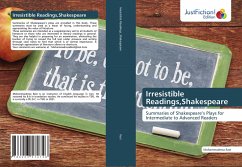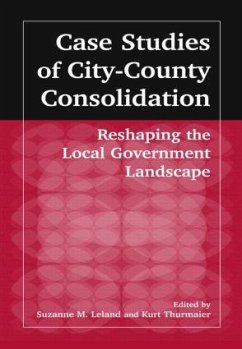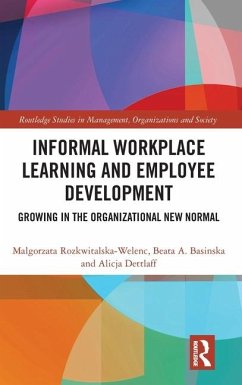
Strategic Shakespeare
Transformative Leadership for the Future of Higher Education
Herausgeber: Balizet, Ariane M.; Kostihová, Marcela; Eschenbaum, Natalie K.
Versandkostenfrei!
Versandfertig in 1-2 Wochen
178,99 €
inkl. MwSt.
Weitere Ausgaben:

PAYBACK Punkte
89 °P sammeln!
Strategic Shakespeare demonstrates the value of humanities-trained scholars as leaders in higher education. It features contributions from Renaissance and Shakespearean scholars, who collectively aim to leverage traditional assumptions about Shakespeare in the service of a more inclusive and sustainable academy.













